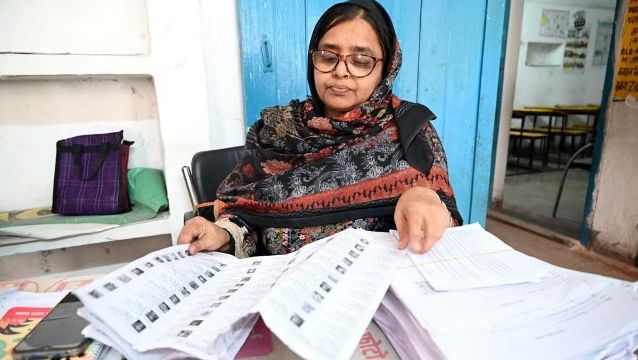Persons belonging to any caste can become temple priests: Madras HC

The judge cited the Supreme Court ruling which held that the appointment of a temple priest is a secular function and hence there is no question of claiming a hereditary right.
CHENNAI: The Madras High Court on Monday ruled that caste will have no role in appointing archagars (priests) to temples but the only requirement is for the person to be well-versed in the Agamaic principles of the particular temple.
“At the risk of repetition, it is made abundantly clear that the pedigree based on caste will have no role to play in the appointment of Archaka if the person so selected otherwise satisfies the requirements,” Justice N Anand Venkatesh ruled.
Referring to the challenge to the powers of executive officers (EOs) to appoint the priests, he said it is always left open to the trustees to appoint Archakas/Sthanikam in agamic temples by ensuring the Archakas/Sthanikam are well-versed, properly trained and qualified to perform the pooja as per the requirements under the Agama.
The petition was filed by Muthu Subramania Gurukkal challenging a 2018 notification for the appointment of archagars/sthanikam to the Sugavaneswarar temple in Salem. He said the notification infringes upon his hereditary rights to hold the position of sthanigam as he was serving in the temple as per customs and usages in line of succession from time immemorial.
Disposing of the writ petition, the court directed the EO to issue a fresh advertisement for appointing the archagar/sthanigam by following due procedures and allowed the petitioner to participate in the selection process.
The judge cited the Supreme Court ruling which held that the appointment of a temple priest is a secular function and hence there is no question of claiming a hereditary right. However, the archagar is expected to be well-versed in the agamas and rituals necessary to be performed in a temple.
“The Apex Court has also made it very clear that performance of a religious service is an integral part of the religion whereas the Priest or the Archaka performing such service is not so. It differentiated between the religious portion and the secular portion and held that the religious service by an Archaka is the secular part of the religion and the performance of the religious service is an integral part of the religion.
Therefore, the prescription provided by the Agamas gains significance only when it comes to the performance of the religious service. Any person belonging to any caste or creed can be appointed as an Archaka provided he is a well-versed and accomplished person in the particular Agamas and rituals of the temple,” the judge said in the order.


